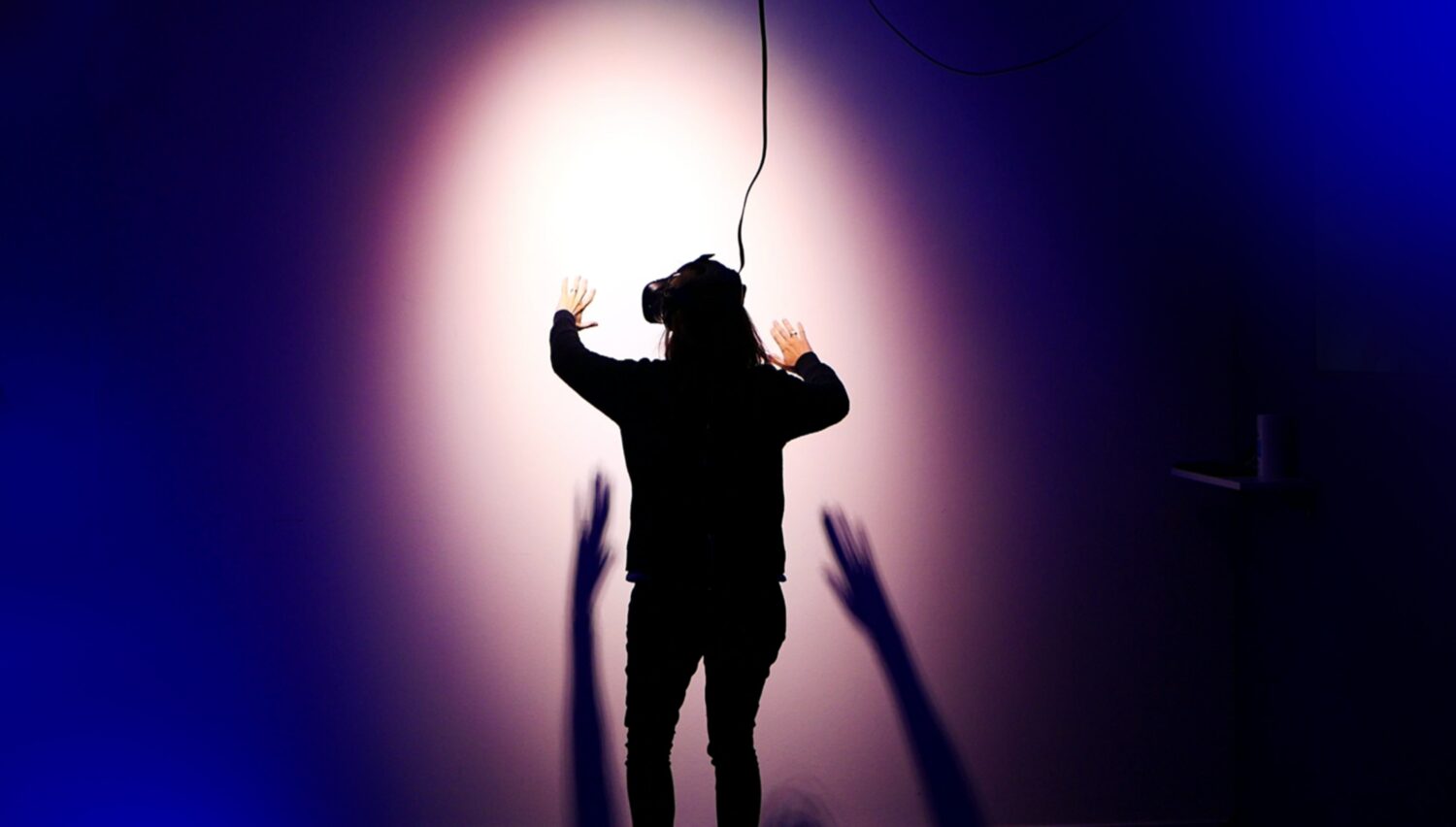While still far from the promises of the parallel world in Steven Spielberg's 'Ready Player One,' the metaverse is already considered the next major digital revolution. This virtual universe offers new opportunities. The first to take interest in this phenomenon, companies have heavily invested in these immersive worlds. Yet, other players might also find their place and happiness within it: the media.
With the advent of Web 3.0, the metaverse appears as the new territory to conquer. It's both an uncertain and promising terrain. Uncertain because it's only in its early stages. Promising because everything is yet to be written.
Offering immersive experiences through the metaverse
The metaverse brings an additional dimension to the relationship between media and their audience: immersion. However, despite the phenomenon gaining traction, media initiatives in virtual worlds are still tentative. While most show interest, dedicating plenty of articles and programs to the topic, few have taken the leap to dive in.
Yet, for the media that have invested in it, the bet seems successful. Starting with France Télévisions: the audiovisual group was among the first to embrace the metaverse trend in January 2022. In this initial testing phase, viewers were invited to explore the world of Stade 2, their flagship sports show, on Meta's virtual platform. As avatars, they could visit the virtual studio set in a wintry backdrop. Various sports activities were offered, including skiing, biathlon, and bobsledding. “Through this experience, the France Télévisions Sports Directorate is pleased to continue its policy of innovation. This initiative allows us to offer a first concrete experience in the metaverse, which will be rich in lessons for designing future sports content,” explains Laurent-Eric Le Lay, Sports Director, in a group press release.
France Télévisions repeated the experience a few months later at Roland-Garros. "The purpose of our first trial was mainly technical. Nevertheless, 1,200 people still came to visit us. At that time, there weren't many opportunities for interaction. That's why we wanted to set up a new space at Roland-Garros and develop content with the sports management," explained Vincent Nalpas, Director of Innovation at France Télévisions, in an interview with Journal du Net last May.
The metaverse offers infinite narrative, creative, and interactive possibilities. Simultaneously, the group announces its intention to test new show formats where presenters will be represented by their avatars. A project that will allow France Télévisions to gauge the audience's interest in these new formats. While the trials have been promising, the project is far from complete. "We need to anticipate tomorrow's uses, even if we're not yet sure if they'll resonate with our audience. We must understand what it means to work on the Web 3.0 and the metaverse. This involves identifying the specific skills we'll need and how it will impact the production of our content," shared Encarna Marquez, Director of Digital at France Télévisions, with JDN.
Other initiatives have emerged. The Franco-German channel, Arte, took its first steps into the metaverse last February. As part of its show Tracks, a journalist from the channel conducted a 100% virtual interview, produced and filmed in the metaverse. An unprecedented and experimental experience that challenges the conventions of journalism.
NFTs: New Sources of Revenue for Media
In a context of diversifying their revenue sources, the metaverse could be a real opportunity for media outlets. It paves the way for new forms of funding, such as NFTs. These tokens, unique and tamper-proof, are accessible both within virtual environments and outside the metaverse, in simple digital format.
The initial initiatives, for now, are mainly in the United States. American networks, in particular, have embraced the NFT phenomenon, like Fox News or CNN. The latter recently launched its Vault project, a platform where it sells, in NFT form, historic moments from their broadcasts: from the fall of the Berlin Wall to images from the Gulf War and presidential elections. This new funding method gives the network an opportunity to capitalize on the wealth of its archives.
Print media is also venturing into the world of digital assets. Time, one of the leading American publications, has been selling its iconic covers as NFTs since September 2021. The success is evident, with 276 ETH - equivalent to $450,000 - collected from the sale of three of its iconic covers. Similar success for The New York Times: last March, an article sold as an NFT brought in $560,000 for the American daily.
What about France? While NFTs are rapidly gaining ground in the US media sector, their adoption in France is gradual. Last April, 20 Minutes announced the launch of 20Mint, its free magazine entirely funded through NFTs. To kickstart this project, 999 NFTs were put up for sale at a price of 0.1 ETH each approximately €280. Beyond contributing to the funding of this new magazine, each of these NFTs grants its holder the power to sit on the virtual editorial board of 20 Mint.
The entire collection of NFTs sold out in less than 20 hours. A success that, for some media professionals, reinforces the idea that digital assets have a place in the media world. "In the future, NFTs will be highly present in the economy, so the media economy will find its place there. Having tools for interacting with one's community and delegating authority, everyone has dreamed of that for a long time," stated Laurent Bainier, Editor-in-Chief of 20 Minutes and responsible for the 20 Mint project, in an interview with La Revue des Médias in April 2022. For him, it's obvious: "Web 3.0 will inevitably revolutionize the media."
Emma Alcaraz

